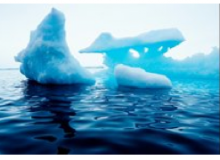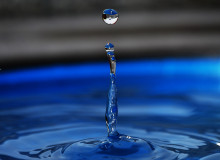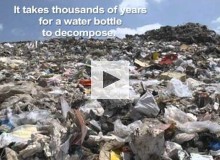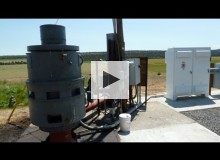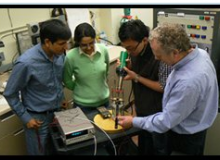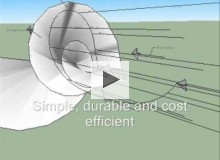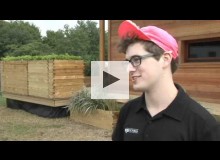Water
National Science Foundation
University of Alaska researchers developed a numerical model of the ice-covered Arctic ocean that includes tides. They used a highly innovative approach that embeds the sea ice directly into the ocean model. The results of the model compare... Read More
The George Washington University
Vietnam is one of the 10 countries considered most vulnerable to climate change. How are the people there coping with the changes? PISA, Partnerships for International Strategies in Asia, visits a rice growing community to discover what adaptation... Read More
The George Washington University
Natural weather disasters have already racked up $80 billion worth of destruction in 2011. Is this the new normal? This video from a pair GWU students in the ThinkFWD class will dazzle you.
Founding Director, Planet Forward
By Frank SesnoLast week, Danica May Camacho of the Philippines became the world’s symbolic seven billionth person. The occasion drew mixed feelings in the policy world — what does a booming global population mean for climate risks? To cite one issue... Read More
The George Washington University
The best way to save money and help planet Earth? Drink tap water.
Most people don’t know that when you buy a bottle of water, the water accounts for only about $0.04 of the total cost. The rest of the cost of bottled water goes towards the... Read More
Bonneville Power Administration (Department of Energy)
Many irrigation systems in the United States are outdated, so they use up more water than they need. These farmers in Oregon took advantage of financial incentives to retrofit their decades-old irrigation system, making their farm more efficient... Read More
National Science Foundation
Most of today's power plants--from some of the largest solar arrays to nuclear energy facilities--rely on the boiling and condensing of water to produce energy.
The process of turning heated water into energy was essentially understood by James Watt... Read More
George Washington University
THIS WEEK: Our rapidly increasing consumption of water is creating concerns about what the world would be like without any! One team, however, created an innovative solution to the planet's quickly disappearing water. Check it out in this week's... Read More
Tornadoes and hurricanes are dangerous, but they also inspire new innovations in the renewable energy field. New turbines mimic those storms’ spiral rotations, hoping to generate energy cleanly and inexpensively!
The George Washington University
Team First Light from Victoria University of Wellington in New Zealand travelled thousands of miles to present their solar house, based on a traditional Kiwi holiday home. Bede Robertson and Nick Officer, two of the 26 students involved in the... Read More

